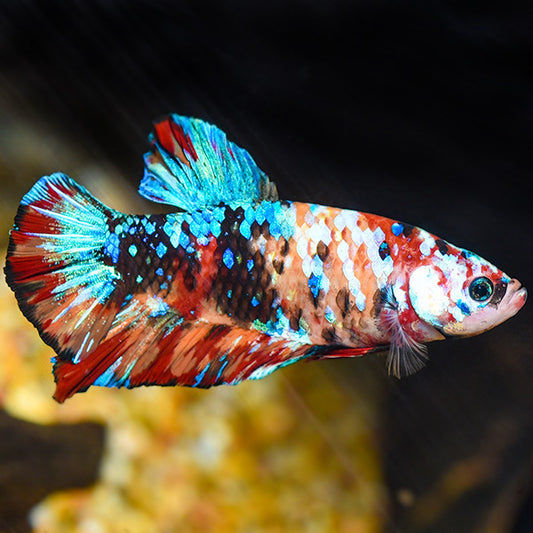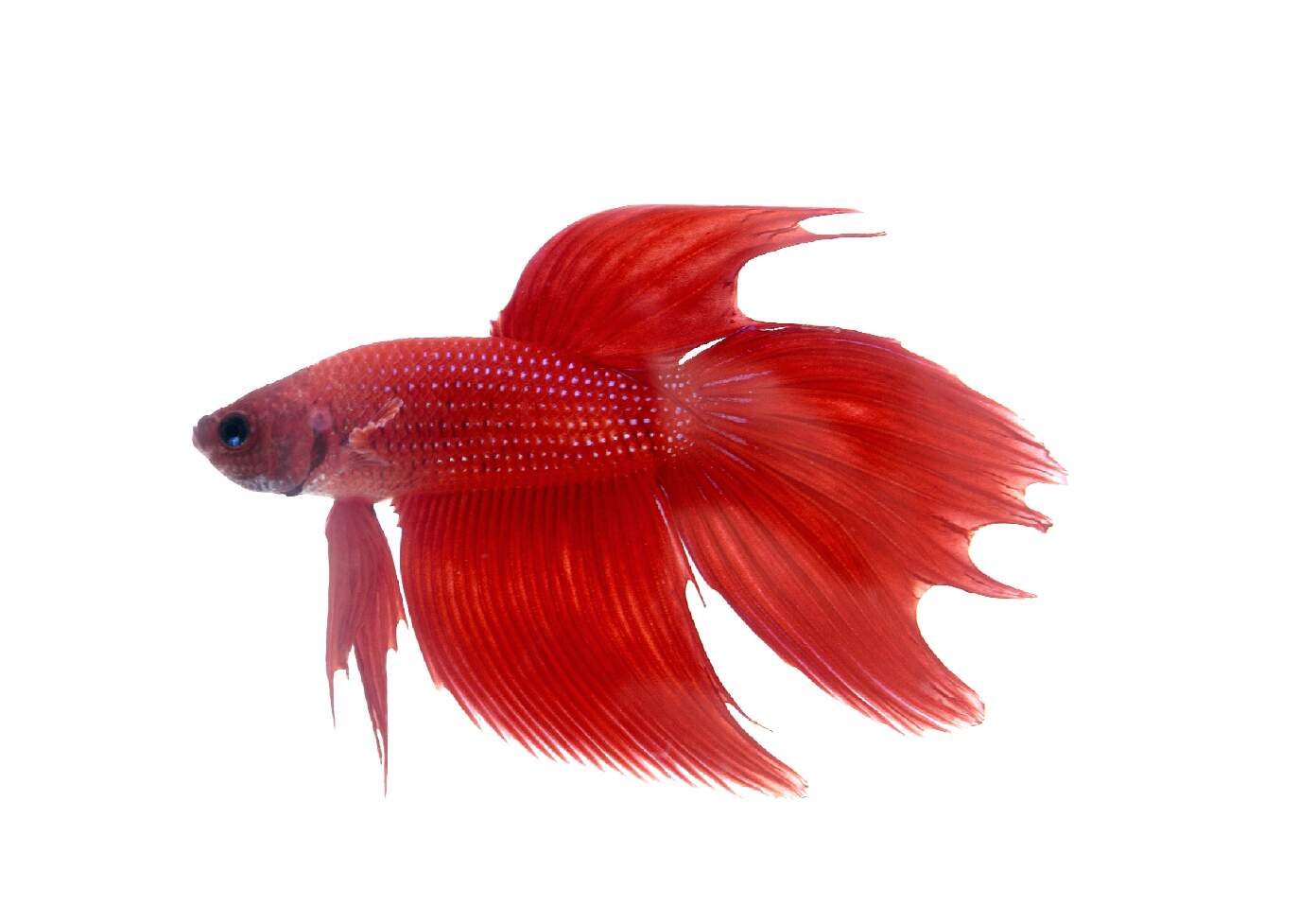Comprehending Betta Fish Behavior: What Every Proprietor Must Know
Comprehending Betta Fish Behavior: What Every Proprietor Must Know
Blog Article
The Ultimate Overview to Betta Fish Care: Essential Tips for Keeping a Healthy And Balanced and Successful Fish Tank Environment
Reliable Betta fish treatment necessitates an extensive understanding of their distinct ecological and physiological requirements. Establishing a suitable fish tank starts with choosing the right storage tank dimension and making certain optimal water conditions, which are important for the health and health of your Betta.
Picking the Right Tank
Picking the proper tank for your Betta fish is vital to ensuring its health and wellness. Bettas thrive in atmospheres that resemble their all-natural habitats, which generally include calmness, cozy waters. A storage tank size of at the very least five gallons is recommended to offer sufficient swimming room, as smaller sized tanks can lead to tension and health problems for these vibrant fish.
When picking a storage tank, think about the container's shape and filtration system. In addition, a reputable filtration system is vital to maintain water high quality and lessen the regularity of water modifications.
Temperature level regulation is an additional key element; Bettas like water temperatures between 76 ° F and 82 ° F. Purchasing a great heating system will make certain that the water remains within this array, advertising a healthy and active way of life for your Betta. Last but not least, giving appropriate storage tank decors and concealing areas will certainly help in reducing stress and anxiety and encourage all-natural behaviors, better boosting your Betta's health.
Keeping Water Top Quality
Keeping optimum water high quality is important for the wellness and long life of Betta fish. This needs routine surveillance of different specifications, including temperature level, pH, ammonia, nitrite, and nitrate degrees. Bettas grow in temperatures between 76 ° F and 82 ° F, so maintaining a steady temperature is important. Abrupt fluctuations can lead to tension and disease.
Normal testing using a trusted water screening kit can help ensure these parameters remain within the proper varieties. Ammonia and nitrite degrees should constantly be at 0 ppm, as even reduced focus can be harmful to Betta fish.
Regular water changes are vital to maintaining water high quality. It is recommended to change 25-50% of the container water weekly, relying on the storage tank size and stocking degrees. Utilizing a high-grade water conditioner can aid get rid of damaging chemicals from faucet water, ensuring a secure environment. Additionally, integrating a robust purification system can aid in preserving water clarity and high quality, offering a healthier environment for your Betta fish.
Perfect Feeding Practices
Supplying a well balanced diet regimen is vital for the health and wellness and vivid coloration of Betta fish, as their dietary needs play a substantial role in their general well-being. Betta fish are carnivorous naturally, requiring a diet plan high in healthy protein. A combination of high-quality pellets, frozen or real-time foods such as bloodworms, brine shrimp, and daphnia can offer the essential nutrients they need.
Feed your Betta fish 2 to 3 times a day, providing just what they can consume within two to 3 mins view to stop overfeeding and keep water top quality. Overfeeding can cause obesity and wellness problems, consisting of swim bladder condition. It is vital to check their dietary consumption and adjust section sizes as necessary.
In addition to protein, a balanced diet plan should consist of minerals and vitamins to advertise ideal health. Take into consideration supplementing their diet regimen with high-grade flakes or pellets specifically created for Betta fish, as these commonly have needed ingredients.

Producing an Appropriate Habitat
:strip_icc()/siamese-fighting-fish-bettas-1378308-hero-f459084da1414308accde7e21001906c.jpg)
Water quality is vital; keep a temperature between 76 ° F and 82 ° F, and make sure the pH level ranges from 6 - betta fish.5 to 7.5. Normal water changes of 25-50% each week will certainly help keep contaminants at bay and make sure a stable atmosphere
Including plants and hiding spots is vital, as Betta fish are normally territorial and enjoy having areas to discover and retreat. Live or silk plants, along with caves and ornaments, can produce a revitalizing setting.

Routine Health And Wellness Checkups
Conducting normal health and wellness appointments is vital for ensuring the health of Betta fish, as early discovery of possible problems can prevent serious wellness troubles. These examinations need to include a comprehensive examination of the fish's physical problem, actions, and environmental factors.
Begin by observing the Betta fish for any indicators of distress, such as lethargy, loss of cravings, or unusual swimming patterns. Furthermore, evaluate the fins and body for signs of staining, sores, or fin rot, which can indicate infections or parasites. Consistently keeping an eye on the water top quality in the aquarium is similarly essential; parameters such as pH, ammonia, nitrite, and nitrate levels must be kept within optimal arrays to prevent anxiety and illness.
Moreover, consider maintaining a log of wellness monitorings and water high quality examinations. Prompt intervention can make a significant distinction in the recovery of your Betta fish, guaranteeing a long and healthy life in a well-maintained fish tank setting.
Final Thought
In final thought, successful Betta fish care rests on developing and keeping an ideal aquarium environment. Key factors consist of picking a suitably sized container, ensuring consistent water top quality, sticking to suitable feeding techniques, and creating an environment that decreases stress and anxiety. Routine health and wellness check-ups are important for very early discovery of prospective problems. By following these standards, aquarists can advertise the wellness and vibrancy of Betta fish, eventually wikipedia reference resulting in a growing water ecosystem.
Report this page